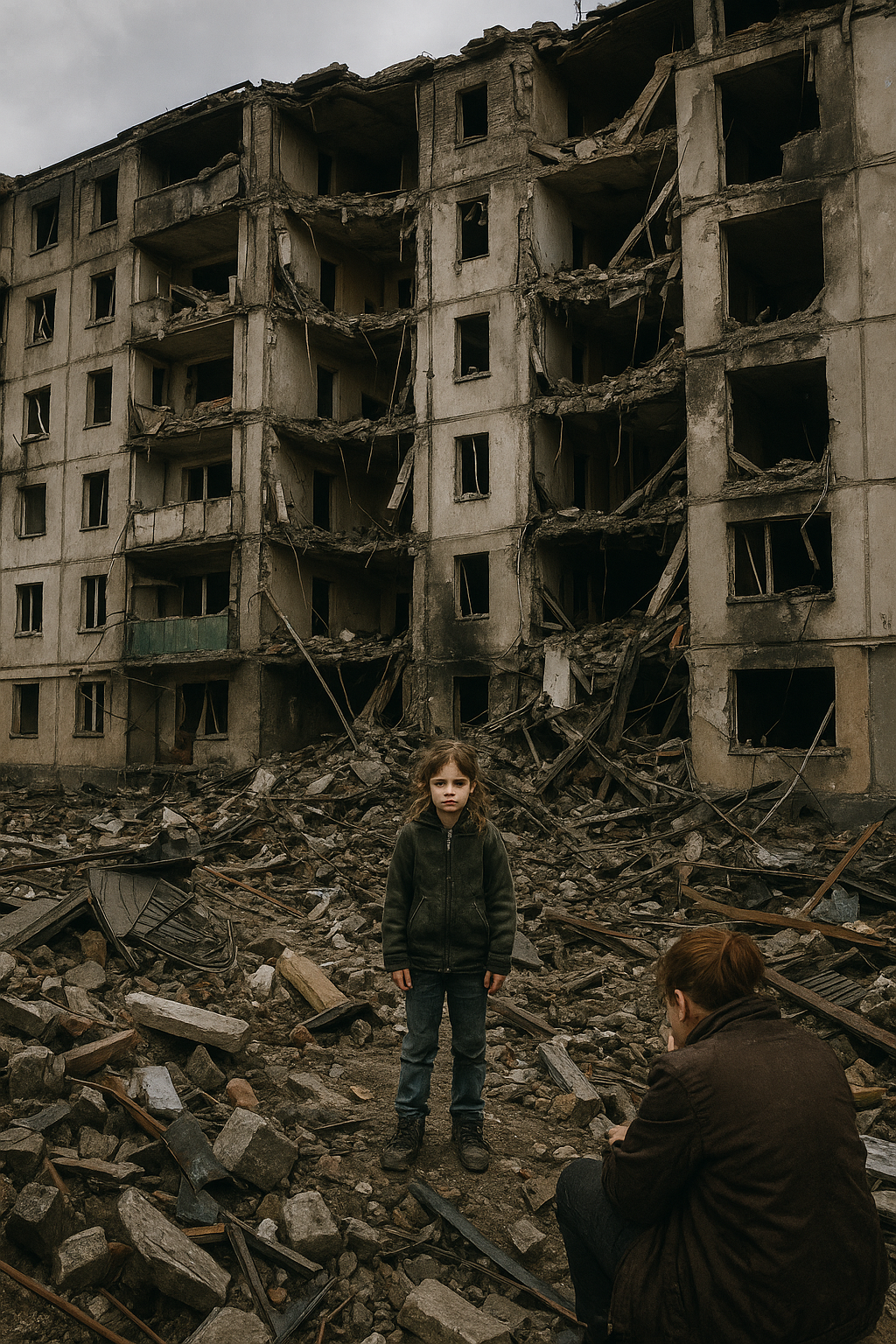UN Committee Reviews Russia’s Rights Record, Raises Concerns Over Ukraine
The delegation further reported improvements in healthcare, education, culture, and social policy, underscoring that progress had been made since the last review.

The UN Committee on Economic, Social and Cultural Rights has concluded its review of the Russian Federation’s seventh periodic report under the International Covenant on Economic, Social and Cultural Rights, highlighting both progress in poverty reduction and persistent concerns over workplace safety and alleged rights violations in occupied Ukrainian territories.
Poverty Reduction Praised
Committee Experts acknowledged Russia’s efforts to combat poverty. One Expert commended the State’s anti-poverty strategy, noting that measurable progress had been made in recent years.
Andrey Pudov, State Secretary and Deputy Minister of Labour and Social Protection, who led the Russian delegation, said that the minimum wage had been raised multiple times and that a single benefit for low-income families was introduced in 2023. As a result, the national poverty rate had fallen to 7.2%, the lowest in the country’s recorded history.
The delegation further reported improvements in healthcare, education, culture, and social policy, underscoring that progress had been made since the last review.
Workplace Safety Under Scrutiny
Despite progress on poverty, Experts voiced concerns about high rates of occupational accidents and fatalities, particularly in mining and quarrying, construction, agriculture, and forestry.
Joo-Young Lee, Committee Expert and Taskforce member for Russia’s report, asked the delegation what steps were being taken to reduce accidents in these high-risk sectors.
In response, Russia’s delegation noted that there were criminal sanctions for unsafe workplace practices. In 2024, more than 400 individuals had been charged, and the Prosecution Service had intervened in multiple cases to secure agreements benefiting over 19,000 workers.
Concerns Over Ukraine
A major point of contention in the dialogue was the situation in occupied Ukrainian territories, referred to by the Russian delegation as “reunited regions.”
Ludovic Hennebel, Committee Expert and Country Rapporteur for Russia, raised reports of destruction of schools, forced relocation of children, and restrictions on Ukrainian language education.
The Russian delegation rejected allegations of suppression, stating that:
-
Evacuations of children had been conducted in line with international humanitarian law.
-
Access to Ukrainian language education was available “on request.”
-
Over 1,000 kindergartens and 10,000 schools were operating in these regions, with 421,000 children enrolled.
-
Russia had undertaken renovation of more than 300 schools to improve facilities.
Closing Remarks and Next Steps
In his concluding observations, Mr. Hennebel noted that the dialogue had spanned key themes under the Covenant, including education, health, labour rights, and the environment. While recognizing Russia’s progress, he stressed that ongoing challenges remained, particularly in ensuring compliance with international obligations in conflict-affected areas.
Mr. Pudov reiterated Russia’s commitment to improving legislation and practice in line with the Covenant and said the Government would carefully examine the Committee’s forthcoming recommendations.
Committee Chair Preeti Saran praised the Russian delegation’s preparation and responsiveness, affirming that the Committee’s concluding observations would be published after careful consideration of the issues raised.
Wider Context
The review took place during the Committee’s seventy-eighth session, held in Geneva until 26 September 2025. The session is examining multiple States’ compliance with the Covenant, which enshrines rights relating to work, health, education, culture, and an adequate standard of living.
The Committee will next turn its attention to the seventh periodic report of Colombia, scheduled for consideration on 10 September 2025.










